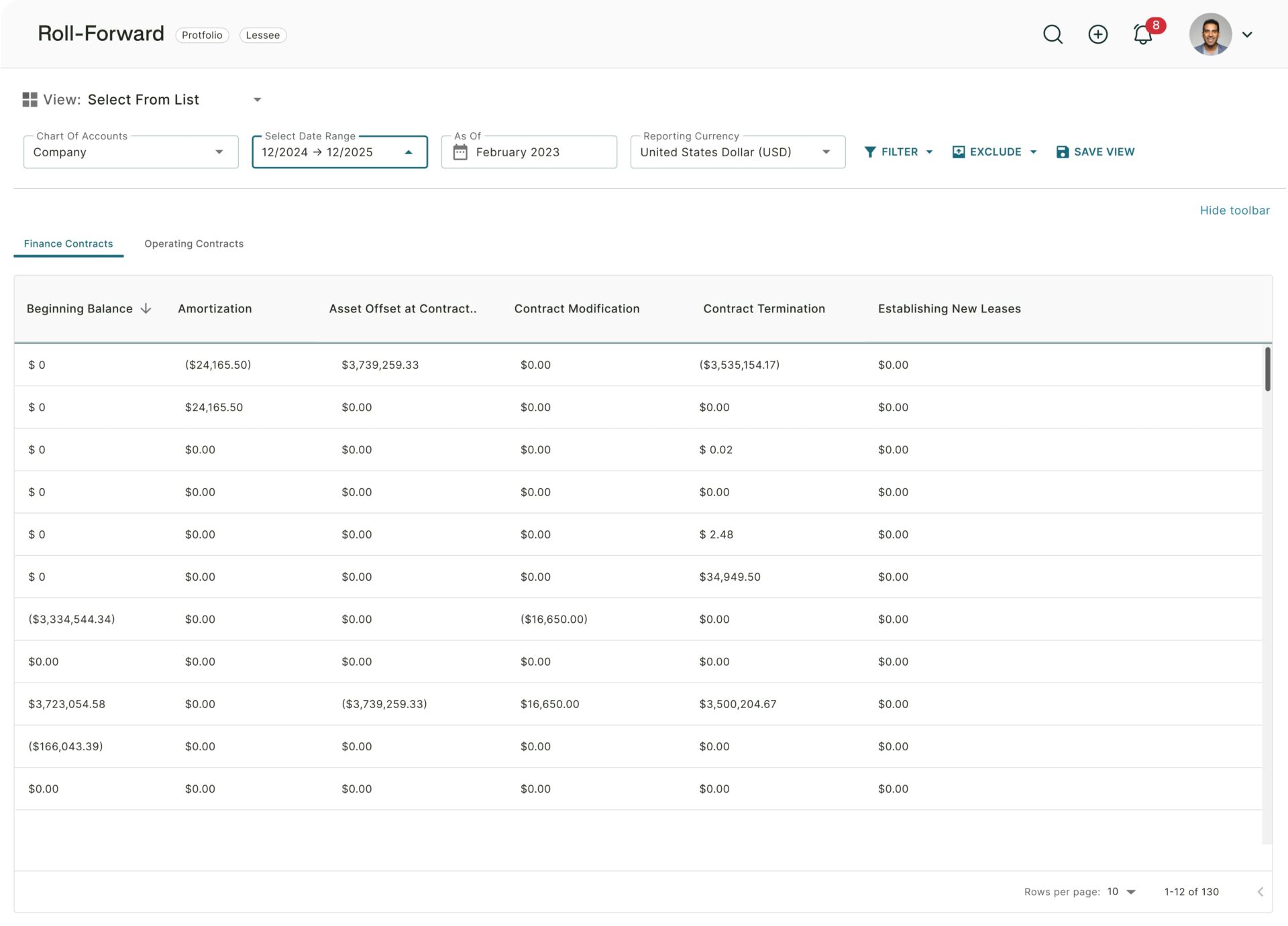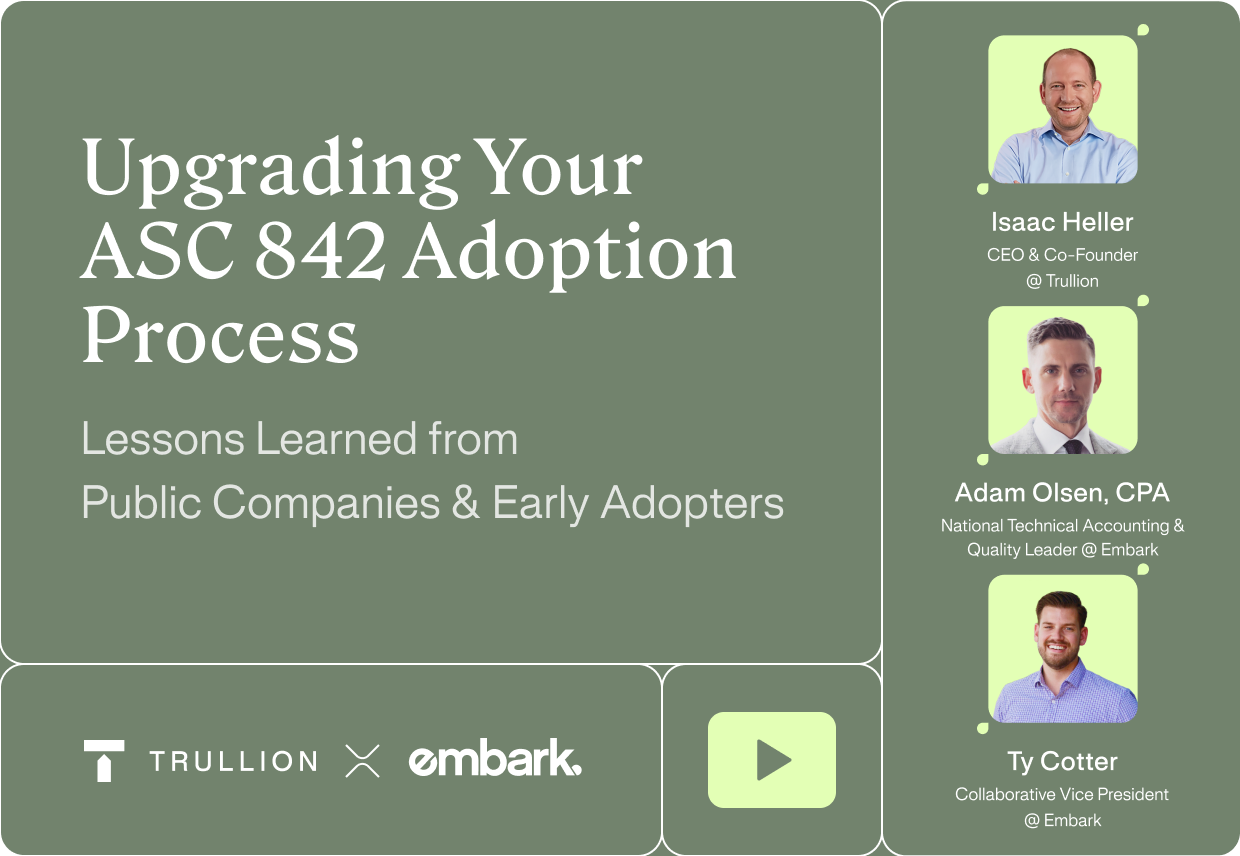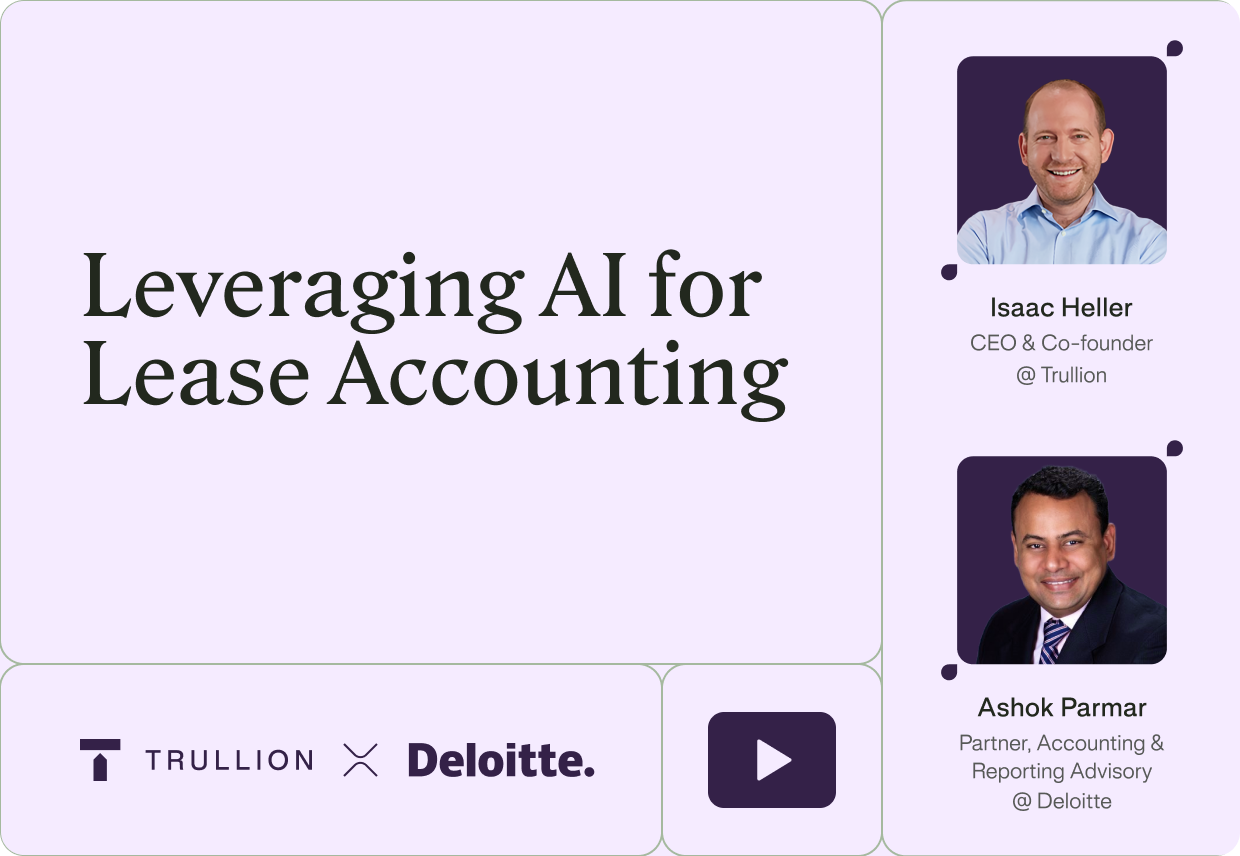Accounting has changed fundamentally over the past few years. Recently, advances in technology have changed the way accounting teams carry out their work – for example by introducing automation to take care of manual, repetitive tasks that were absorbing an inordinate amount of accounting teams’ time.
As with any industry disruption, some have even felt that perhaps the pendulum had swung too far the other way: would automation, artificial intelligence (AI), and machine learning replace human accountants? Would they render the bookkeeper, controller, and possibly even the CFO, obsolete? Recent developments suggest to the contrary, reaffirming the centrality of accountants, as essential stewards of evolving technology.
While these technologies arrived with a bang, there is evidence to suggest that human expertise and judgment are a central, irreplaceable part of the accounting function; now, and in the future.
Let’s explore striking the balance between automation and human expertise in accounting, specifically looking at the ways in which AI-powered accounting software can complement and enhance the work of human accountants.
AI as a human enabler
There’s no doubt that AI is a powerful tool. Instead of relating to AI as a threat, accountants should be thinking of how they can leverage AI for their own benefit. Some examples of this include:
Free up time to focus on more complex and strategic tasks
If AI can be used to automate manual tasks that don’t require an accountant’s highest cognitive abilities – for example, by completing monthly journal entries or auto-generating 100% compliant disclosure text – accountants can free themselves of these highly manual, essentially repetitive tasks, and apply their minds to bigger problems and opportunities.
Spot trends and anomalies in large data sets
The amount of data generated by financial transactions is immense. By letting AI loose on large data sets, accountants can identify otherwise invisible trends and opportunities. For example, AI might identify that the demand for a specific product is increasing at a steady month-over-month rate, while the input costs associated with that product are seasonal. The accountant can then recommend the best time to buy the raw materials, leading to an immediate increase in profitability.
Similarly, AI can identify the signs of a problematic debtor early, and the accountant can recommend enforcing stricter payment terms for that customer.
Make more accurate predictions
By predicting prices, demand, interest rates, and other key figures, accountants can position their organizations for growth. AI can ingest exponentially more inputs than a human-based workflow, which by definition should result in more accurate predictions.
Humans are essential despite advances in technology
AI, left unchecked, can magnify its own shortcomings. One need look no further than the infamous “Tay” example from Microsoft, where a chatbot trained on Twitter conversations soon started spouting racist statements and conspiracy theories.
Even more modern variations, such as ChatGPT, can sometimes get things like basic math completely wrong. From an accounting standpoint, this is unacceptable of course, and therefore having a human hand to steer the AI ship is always going to be essential.
Moreover, accounting is full of areas where judgment and assumptions are called for. For example, in the revised lease accounting standards, there are numerous areas where such judgment is central to the output.
This doesn’t just apply to financial reporting. Human expertise is a key skill that CFOs and other accounting professionals bring to the table, and they will remain critical components of the modern accounting landscape.
The challenges faced in balancing expertise and automation
There are numerous challenges that need to be addressed when it comes to striking this balance. For example:
Upskilling accounting professionals
Many accounting professionals do not necessarily have the skills or experience to use the latest technologies. In addition to this challenge, there is a question as to whether new entrants to the profession have the skills required to stay relevant in a rapidly changing business environment; skills including the ability to procure and deploy software solutions that meet broader business objectives.
Technology adoption
Some organizations will be tempted to implement all available technologies immediately. This approach of course carries some risk. Others will do the opposite, avoiding any new technology until it has been in use for long enough to be completely certain that it has developed a track record. This method carries its own element of risk. Striking the right balance of utilizing tested and approved AI-powered automated accounting software to achieve business goals is key.
Striking the perfect balance
As we’ve discussed, despite challenges, there is indeed a balance that can be struck between automation and human expertise in accounting.
As one side of the equation develops, so will the other. For example, as new technologies emerge, human accountants will find novel ways to harness these technologies to provide even more value.
The future of the accounting profession – thanks to technology, not in spite of it – is certainly bright.










